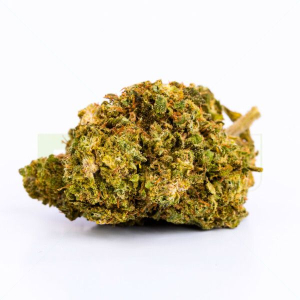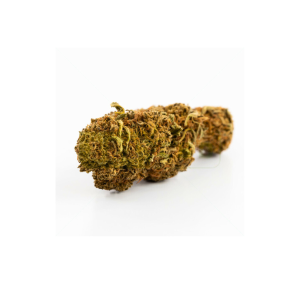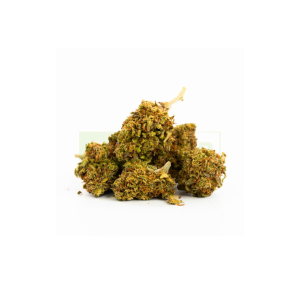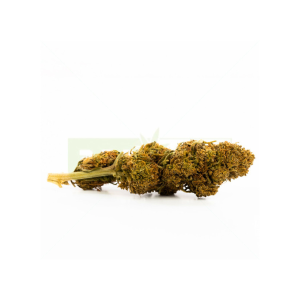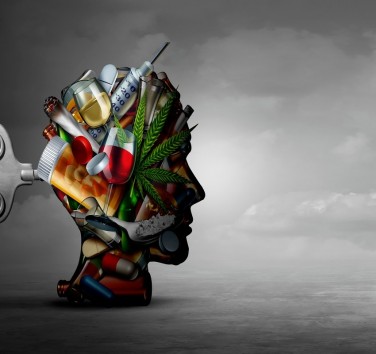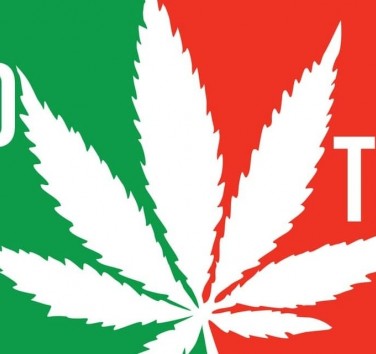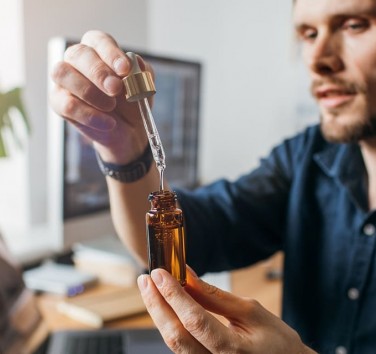Sommaire
- Is CBD a drug?
- The CBD situation in Europe
- Where does CBD come from?
- The situation of CBD in France
- Who can sell CBD in France?
- Who can consume CBD in France?
- CBD legality in France: caution is still required
- The different regulations on the consumption of CBD in France
- In France, is CBD legal for children?
- Is the CBD industry hurting?
- Is CBD a danger for consumers?
- To conclude…
Is CBD legal in France?
Because it is changing and punctuated by sometimes complicated nuances, the legislation governing the cannabidiol sector raises questions from consumers, and sometimes professionals. Is CBD legal in France? If so, what are the terms of its legality for sellers and the consumer? Let's go for this practical guide on the legal status of cannabidiol.
Is CBD a drug?
Despite an undeniable rehabilitation in recent years, CBD is still sometimes assigned the status of a "drug" with part of the general public. And who says drugs, says heavy side effects, strong addiction, high THC level with psychotropic effect, traffic of all kinds to ensure marketing, etc. We are far, very far from reality, even in the opinion of the French and European authorities, but also of the World Health Organization (WHO) and the World Anti-Doping Agency (WADA).
In France, the term "drug" is defined in law. It is a chemical substance containing one or more active principles which cause an alteration of the psychic and physiological functions of the individual. More prosaically, these are referred to as mind-altering or "high" effects. In addition, this molecule must cause habituation, that is to say an adaptation of the body to a certain dose of a product or drug and a dependence of the individual, with a feeling of lack which pushes him to consume more.
As the scientific committee of the World Health Organization, known for its precautionary principle sometimes pushed to the extreme, explains, "CBD does not seem to present a risk of abuse or harmful to health". Clearly, cannabidiol does not cause addiction or dependence in the consumer. In addition, it does not alter the physical and psychological functions of the individual who consumes it. The various studies carried out have demonstrated that cannabinoids would be effective in the fight against a certain number of symptoms and disorders. In the study conducted by the Ministry of Health, the National Agency for the Safety of Medicines and Health Products (ANSM) defined the indications to be tested:
- Refractory or drug-resistant epilepsies;
- Pain associated with some forms of cancer;
- Rebel Symptoms in Oncology;
- The painful spasticity of multiple sclerosis and other neuropathies;
- In a palliative care setting.
Warning! Over-the-counter CBD (full spectrum oil, flowers, leaves, resin, etc.) is a dietary supplement, not a drug. The therapeutic doses are indeed several times higher than those found in commercial products, including the flowers and leaves called "pure cannabidiol".
But if CBD comes from varieties of hemp, like cannabis, why is it illegal in France? The answer is three letters: THC, or Tetrahydrocannabinol. It is the main psychoactive molecule of cannabis. Indeed, cannabis is highly concentrated in THC, which explains its hovering effect on the consumer. In France, only CBD products with almost zero THC levels (less than 0.2%) are authorized. This is the guarantee of absence of psychotropic effects.
Even if the European Union is working to harmonize the legal status of CBD in all states on the continent, legislation may (slightly) differ from one state to another. We will see together the different European legislation on this subject.
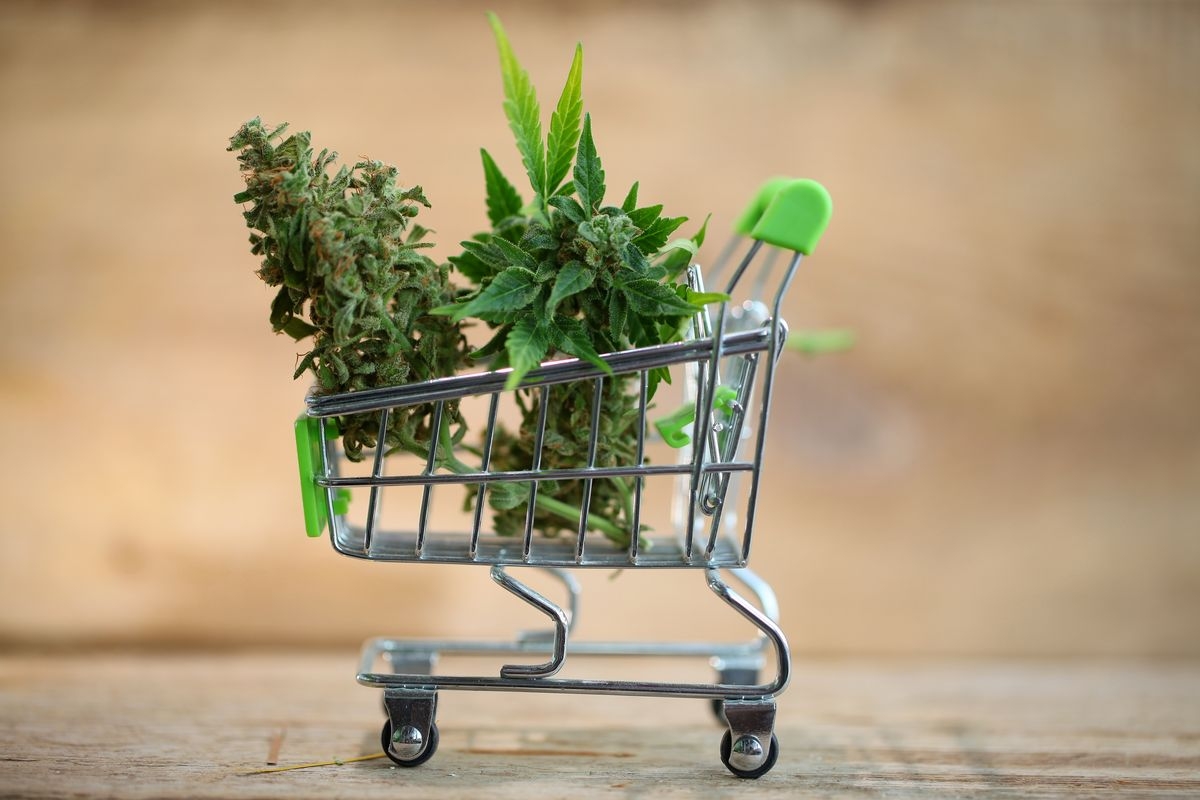
The CBD situation in Europe
Whether you are a trader or a consumer, it is important to know the state of play of the status of CBD in Europe, especially if you travel a lot and are likely to transport flowers, leaves or CBD oil in the different states of the European Union.
The first thing to know is this: the legal status of cannabidiol varies between the 27 countries of the European Union, as they have their own laws towards the molecule. Take for example the regulation of CBD in Germany. This state authorized a CBD drug in 2017, then legislated in favor of the therapeutic use of cannabinoids. In Switzerland, cannabidiol has been authorized since 2011, making it one of the first EU states to authorize this molecule. In addition, the maximum THC level is also higher than elsewhere in Europe, since it prances at 1% across the Jura, five times more than the provisions of European law.
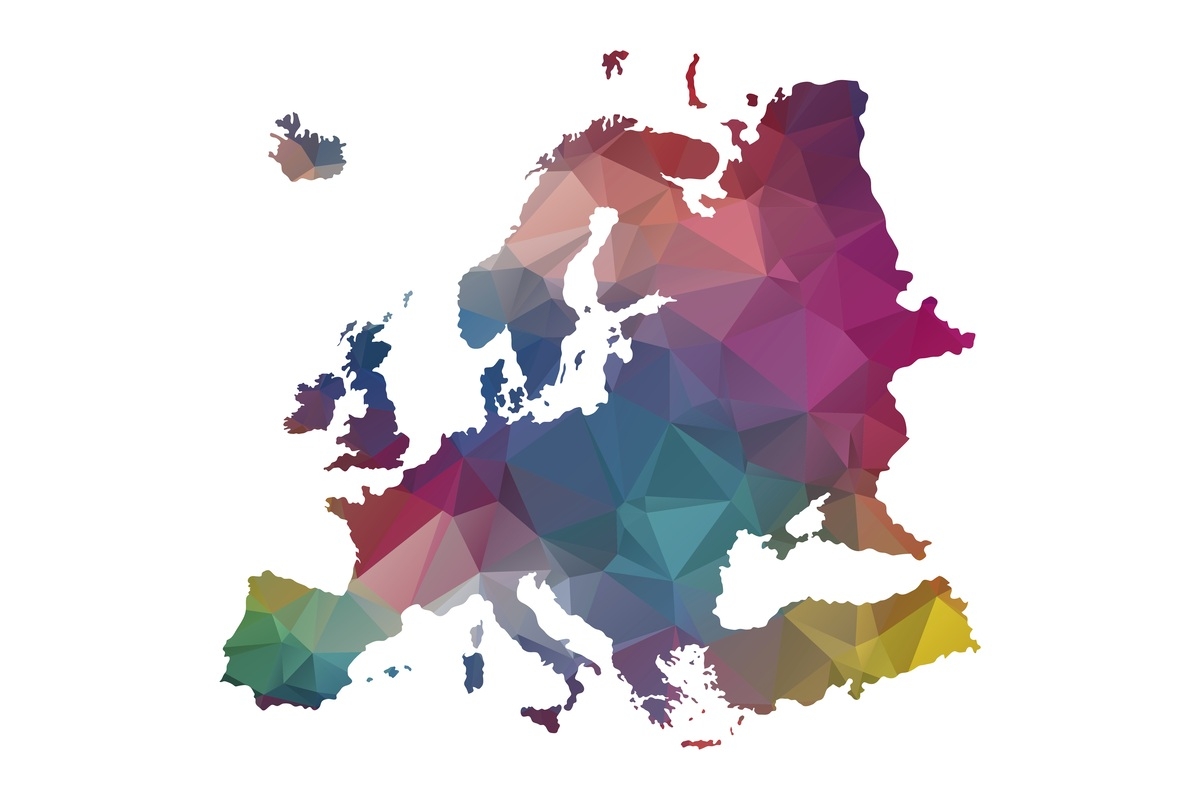
Where does CBD come from?
It is important to clearly differentiate the substance from recreational cannabis which is totally prohibited in our country (and elsewhere). Cannabidiol comes from the hemp plant, which is low in THC.
To document the discovery of cannabidiol, we have to go back to 1947, where scientist Roger Adams extracted it by mistake. In the 1960s, studies highlighted the anti-inflammatory and anti-epileptic properties of the substance. Of course, and like all natural plants, hemp has been present on Earth for thousands, even millions of years. It is a very resistant plant that grows almost everywhere, whatever the climatic conditions.
Excavations and scientific research have shown that hemp was widely used in several ancient civilizations, especially among the Egyptians who used it to make ropes and fabrics.
The substance also has important technical applications. For example, it is used in the construction industry as insulation. Maritime expeditions that took place from the 15th century used hemp to build the sails and ropes of ships.
Today, cannabidiol is still used in the industrial sector. However, its use is becoming more and more "therapeutic" or paramedical as studies are made of it.

The situation of CBD in France
In France, CBD is authorized until further notice. This is the sentence that best sums up the situation, because the law seems to hesitate.
The “Kanavape” affair, or the birth of the CBD market
Historically, it was a French precedent that changed the status of cannabinoids in European law. Small flashback. In 2014, the Kanavape company launched the sale of cannabidiol products without THC. Very quickly, the State pinpoints the company, then the court condemns it at the end of a long process. In 2018, the Court of Appeal of Aix-en-Provence brought the case before the Court of Justice of the EU (CJEU).
Here is an interesting little excerpt from the judge's conclusions: "according to the state of scientific knowledge and on the basis of the international conventions in force, CBD oil does not constitute a narcotic product" . Conclusion: prohibiting the transport and sale of CBD oil in France (less than 0.2% THC) is a violation of the principle of free movement of goods under European law. This decision literally "created" the European cannabidiol industries.
CBD flowers and leaves: the scare of December 30, 2021
In our country, CBD legislation almost took a catastrophic turn for professionals in the sector. A ministerial decree simply prohibited the sale of pure cannabidiol leaves and flowers. You should know that the flower marketed in France complies with the legislation in force in terms of THC concentration.
Also, cannabidiol flowers and leaves account for up to 60% of the turnover of shops and specialty stores. Seized by angry professionals, the Council of State finally suspended this ban on a temporary basis. The Interim Judge also qualified it as "unjustified" and "disproportionate" with regard to the legislation in force. Today, and until further notice, products such as pure CBD leaves and flowers are authorized in France.
To sum up, the sale of CBD is authorized throughout the territory (less than 0.2% THC). Attention: the legislator does not authorize the mode of consumption which consists in smoking cannabidiol. So stick to infusion, vaping, ingestion or even massage. 321CBD is not responsible for the end use of CBD chosen by consumers.
Despite these restrictions, this hemp product is being emulated and has found its audience. Thus, according to figures from the Interprofession of hemp trades (Inter Chanvre), France has some 7 million occasional or regular consumers, i.e. around 12% of the national population.
The prospects for products from the hemp plant are therefore interesting in French law, as several signals show:
- France accounts for 60% of European hemp production, with therefore a high potential for cannabinoid production;
- The marketing of cannabidiol products (full spectrum oil in particular) is now also done in supermarkets;
- The first results of the large French experimentation of therapeutic hemp are encouraging, with mild and above all temporary side effects;
- Recent changes to French legislation on the subject abound in favor of the plant, in particular the suspension of the ban on pure CBD flower and leaf;
- Many French entrepreneurs are getting into the cultivation and marketing of authorized CBD products, including flowers, leaves and seeds. Full Spectrum oils.
We are currently in an intermediate stage regarding the legal status of cannabinoids. This means that in the more or less near future, these substances could integrate the French and European therapeutic arsenal.
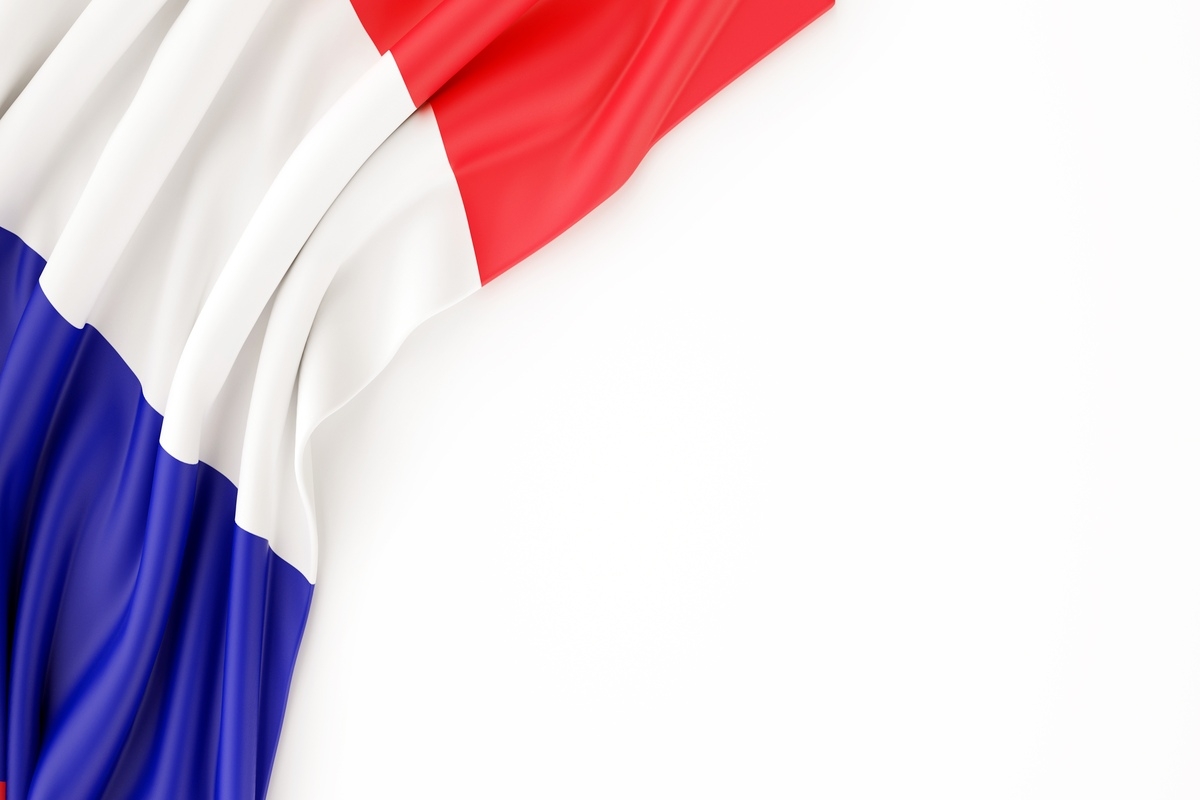
Who can sell CBD in France?
Since the change in the legal status of cannabidiol on French soil following the "Kanavape" affair, the sale of CBD products has exploded, with sometimes clandestine sellers who do not have the right to market this molecule for obvious reasons: dubious quality, no traceability, no guarantees on THC concentration and compliance with regulations, etc.
To be authorized to sell CBD in France, you must be registered in the commercial register and demonstrate knowledge of the world of cannabinoids, the law governing them and the quality criteria associated with food supplements.
For example, you need to know the different varieties sold, the origin, the cultivation method, the level of CBD and THC present in the final product, etc. Beyond leaves and flowers, which monopolize the bulk of supply and demand, the sector offers sweets, lollipops, cookies, energy drinks, vaping liquids, etc. Full spectrum CBD oil is also increasingly popular with wellness aficionados, as it offers vitamins and other minerals in addition to cannabinoid benefits.
Who can consume CBD in France?
In France, restrictions do not necessarily affect consumers but rather traders and producers of the molecule. Strictly speaking, there are no prohibitions against the consumer, who can consume CBD with complete peace of mind... provided they obtain their supplies from a serious shop capable of proving the absence of any psychotropic effect in their products.
CBD flower is not allowed to be consumed with tobacco or as a kind of "natural joint" by French law. This ban therefore pushes the consumer to consume it in infusion or vaporization to remain legal.
The various CBD products present on the French and global market are not subject to prohibitions promulgated by the authorities. It is therefore possible to consume CBD resin in the kitchen. Moreover, many restaurant brands include the CBD ingredient in their menu.
CBD legality in France: caution is still required
In theory, CBD is legal in France as long as it meets all the conditions set out above. On the other hand, the consumer can find himself in difficulty in certain cases:
- It transports a large quantity of product without a certificate or paper documenting its origin as well as the absence of any psychotropic effects;
- It is controlled by a police officer who is not necessarily familiar with the law regarding CBD in France;
- The saliva test shows a very high THC concentration… a sign of recreational cannabis use or a CBD product derived from questionable circuits.
Warning: the molecule cannot be consumed in certain places, nor by certain people (or in the presence of certain audiences). We explain…
The different regulations on the consumption of CBD in France
There are regulations for certain categories of people such as pregnant women. The product is not recommended for them because we do not yet have sufficient hindsight to assess its interaction with the fetus. The side effects, if any, are not specifically known and may endanger the woman and the child. It is therefore preferable not to consume (and not to sell) the product to a pregnant woman.
What About CBD and Breastfeeding? The answer is the same as for pregnancy. Caution is in order. This product should therefore be avoided when breastfeeding. Some studies (anecdotal, which still need to be consolidated) have shown that children whose mothers consumed CBD were more lively and more responsive to stimulation.
Even if CBD has no major side effects, the consumer is never immune to an intolerance reaction. For this, we recommend that you take care of yourself and your baby and avoid taking CBD during this period.
However, there are sites that encourage pregnant women to consume CBD during pregnancy or breastfeeding. This is not the case with 321CBD. We don't want to put our consumers at risk. This is why we prefer to advise against this use and consumption during these important events.
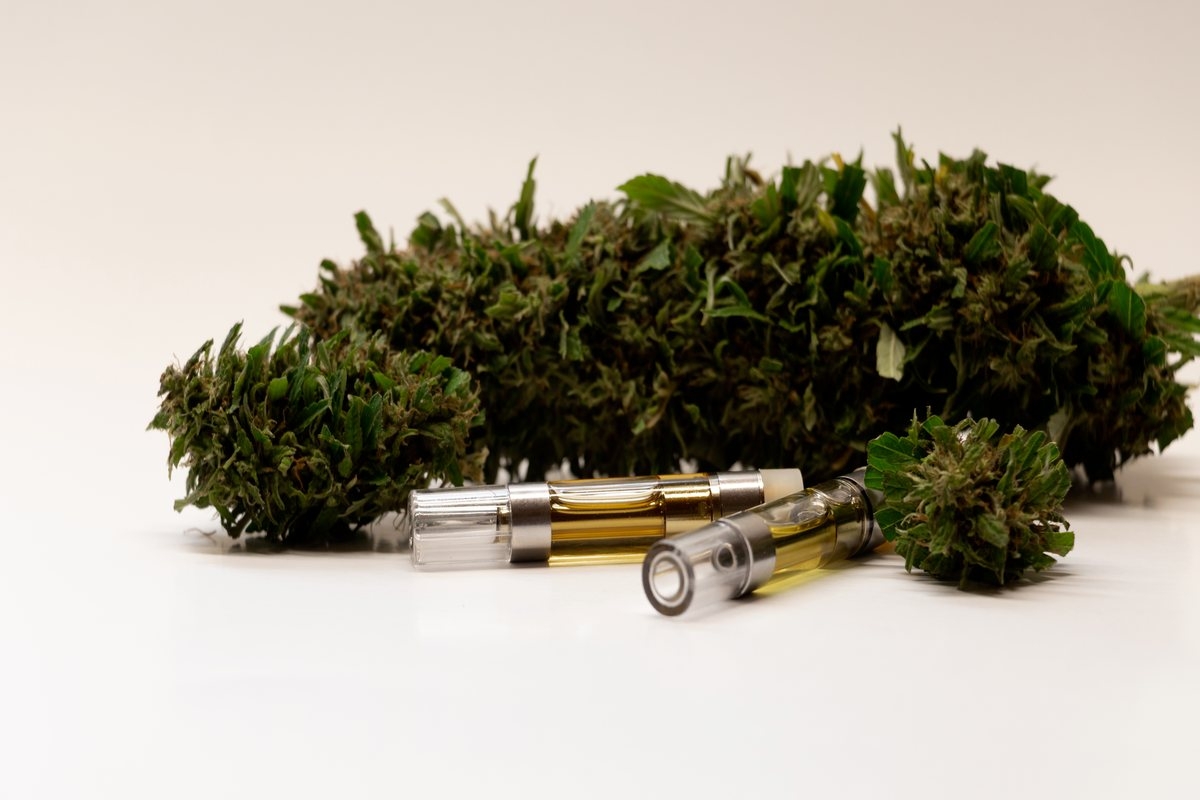
In France, is CBD legal for children?
Some careless parents have been able to give cannabidiol to their children to relieve their insomnia, in particular, without knowing whether side effects were possible and whether this could put the child in danger.
Again, we do not recommend this use. It is true that studies, in particular those of Professor Orin Devinsky, have highlighted the therapeutic effect of CBD in children with certain neuropathic syndromes... but not in self-medication, that goes without saying. Only your family doctor will be able to properly guide you on the consumption of CBD.
Is the CBD industry hurting?
If CBD products are legal in France (under the conditions set out above), flowers and leaves are still awaiting a substantive decision from the Council of State which, it should be remembered, has temporarily suspended the ministerial prohibition order. In short, CBD leaves and flowers are legal in France until further notice.
In 2020, in the midst of a pandemic, the regional press had relayed the closures of certain specialized shops for several reasons: adulterated products, lack of traceability, THC levels exceeding the legal limit, etc.
For example, in the East of France, several shops were closed following the intervention of the police within the establishments for this type of suspicion. We won't name these shops out of respect and choice, but they were selling products with a THC level above 0.2%, which is illegal in the eyes of the law. Indeed, CBD regulations specify that the product must not exceed 0.2% THC so as not to harm the health of the individual who consumes it in any way. Note: EU legislation has changed this cap to 0.3%. At the time of writing, our country continues to apply the 0.2% threshold.
Remember that THC is psychotropic, causing a "high" effect that binds to the various "CB1" receptors present in the brain and nervous system. Some unscrupulous sellers have therefore chosen to play with fire by taking advantage of the current legal vagueness to sell products offering a THC level above the authorized limit... running the risk of being charged with drug trafficking.
We can understand that some CBD consumers want to rediscover the sensations of recreational cannabis, but this is impossible because CBD does not have the same vocation. In addition, the plant from which the product is extracted is naturally very low in THC.
Is CBD a danger for consumers?
It is important to distinguish between CBD and THC when discussing harmfulness. Let us recall here the opinion of the WHO: "CBD does not appear to present a risk of abuse or harmfulness to health". In our country, and provided you source from serious and recognized professionals, your CBD will be full of benefits, without psychotropic effects and without side effects.
Our shop offers a range of CBD flowers , of CBD resins and of premium quality, traceable and compliant with the law. However, be aware that everyone reacts differently, and some mild and temporary side effects may occur:
- Diarrhea;
- Nausea;
- Vomiting;
- Very tired;
- Dizziness.
These effects are not inherent to CBD, but they can appear in consumers with an intolerance to CBD who consume more of it than necessary. You should know that overdose is not outrageously dangerous unlike other substances. It usually passes within a few hours if you decide to rest and sleep.
Remember that recreational cannabis is a danger for consumers, unlike CBD. First of all, you should know that cannabis increases the risk of being responsible for a road accident by 100%. This risk is particularly high if the driver has a blood alcohol level above the legal limit. This cocktail increases the risk of being responsible for a road accident by a factor of 29!
To conclude, it is not recommended to consume CBD if you drive within minutes or hours (drowsiness and reduced alertness). It is also advisable to avoid performing manual or physical work if you consume CBD, especially if you use dangerous machinery.
To conclude…
The purpose of this article is to raise consumer awareness of the various laws in force in France and in the EU. In addition, the consumer must be warned about the various risks essentially linked to his consumption and to the products he buys in order to be certain that the THC level is less than 0.2%. CBD is not a product for all audiences, and 321CBD is committed, through its communication and its content, to educating on the law, changes in the legal status of the molecule, counter- indications and everything related to the consumption of CBD.

